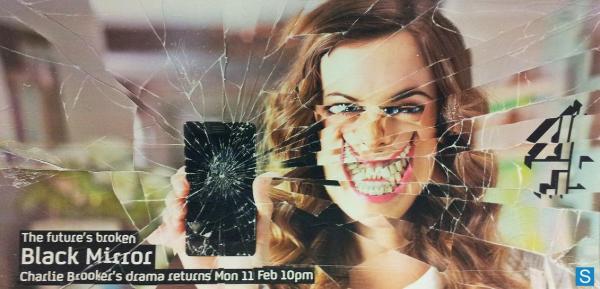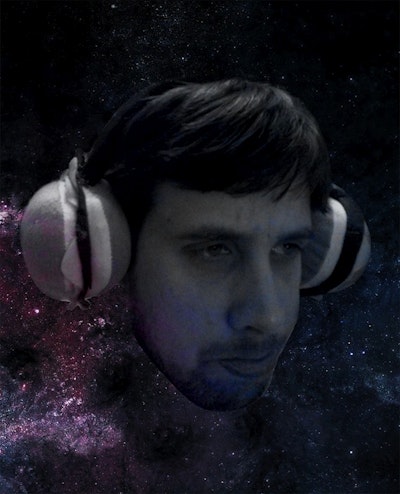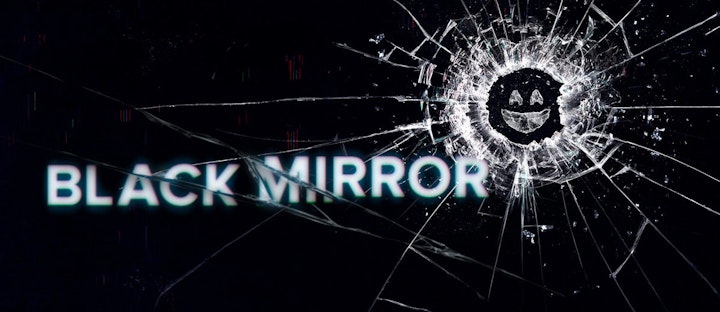While many of the conversations I have about television programmes are inevitably dominated by the American mega series’ – Breaking Bad, Game of Thrones, Boardwalk Empire, Mad Men, etc – all of which I’ve eventually gotten round to watching sporadically through a computer screen, I instead want to aim some praise at the equally excellent British drama that Channel 4 have been putting on my telly in the last few months.
Starting last November, the supposedly edgier, artsier channel took over the Beeb’s mantle for quality drama (which I previously praised), beginning with the superb four-part political thriller Secret State. Inspired by Chris Mullins’ novel A Very British Coup, it sees Gabriel Byrne’s Deputy Prime Minister Tom Dawkins dealing with a devastating industrial accident at a petrochemical plant, before reluctantly taking over the top job as the PM is mysteriously lost on a private jet owned by the firm responsible for the disaster. Over the next three suspense-filled episodes he delves deeper into the collusion between the government, banking system and big business, while battling political infighting and journalistic uncovering of his own chequered past.

What makes it great is the plausibility of it all: the recently bailed out Royal Caledonian Bank investing in the dodgy oil company PetroFex reflecting Royal Bank of Scotland’s heavy involvement in financing fossil fuels; the corrupt banker chief who bears a striking resemblance to ex-BP boss John Browne; the lengths GCHQ’s video surveillance goes; the hideous political infighting and futility of speaking out against the entrenchment of such scandals. As the pressure ramps up during the last couple of episodes there are many magnificent set pieces and speeches by our maverick PM – especially his address to the Davos conference and final rallying cry to parliament – but Byrne’s performance would be nothing without characters like Charles Dance’s stern whip John Hodder, Rupert Graves’ slimy Foreign Secretary Felix Durrell and Gina McKee’s plucky journo Ellis Kane.
Barely leaving time to breathe and digest, C4 then gave us The Fear over four successive nights in early December. Again, this felt like properly directed, well acted, expensively produced stuff, along the lines of recent favourites The Shadow Line or The Hour. The plot concerned Brighton-based crime-boss-gone-legit Richie Beckett – played by the almost always excellent Peter Mullan – coming to terms with the early stages of aggressive dementia, while also having to deal with the aggressive intrusion of an Albanian sex trafficking gang on his patch. His sons are both a help and a hindrance, with the well-cast Paul Nicholls’ Cal creating the mess with the Eastern Europeans and the excellent Harry Lloyd (he of smarmy Game of Thrones first season fame) as Matty desperately trying to patch things up.
The combination of Richie’s decent into mental illness and the increasingly brutal retaliations of the new gang breathe new life into an easily clichéd scenario. Writer Richard Cottan and Director Michael Samuels don’t hold back on the violence – rape, gouged eye sockets and halved bodies make for difficult viewing at times – but the real fear comes from the all to accurate depiction of Alzheimer’s disorienting effects on both the victim and those around them.
The marquee drama series they decided to start 2013 with was the enigmatic Utopia. I had my doubts when it was originally trailed, with the hipstagram visuals and deliberately vague explanations I figured it might be a case of style over substance; but I was still sufficiently intrigued. The longest of the recent run of shows at a laughable-on-the-other-side-of-the-Atlantic 6 episodes, Utopia had a bit more time to build up the story and characters, which was handy since there was a whole lot of stuff to get through.

There’s so many spoilers in this series that I’m not going to delve too deep, but it all centres around a cult graphic novel The Utopia Experiments, which a member of an internet forum claims to have an original copy of. Three forum members – IT dropout Ian, student Becky and conspiracy theorist Wilson – arrange to meet and look at the fabled manuscript. Unfortunately officially disbanded secret service The Network are also looking for the document and begin a murderous rampage to get it back, after it’s stolen by fourth forum member – 11 year-old Grant – while Department of Health civil servant Michael Dugdale (Jamie from The Thick of It) is also blackmailed by the shadowy agency.
While the wanton violence dished out by Neil Maskell’s blankly brilliant Arby, and Wayne Che Yip/Alex Garcia Lopez/Marc Munden’s saturated, stylised direction give things a slightly hyper real feel, the viewer can really identify with the rag-tag bunch of comic/conspiracy enthusiasts getting rapidly sucked down a rabbit hole. As writer Dennis Kelly explains: “Often you see conspiracy thrillers involving journalists or cops, or people who are somehow in the know. I liked the idea of that sort of happening to someone who was a bit shit, like me, and wouldn’t know what to do, and was completely at sea with it. So basically there’s a graphic novel that’s been published in the past, and there have been lots of whacked-out conspiracy theories linked to it. There are people who are fans of it, who suddenly get involved in this conspiracy, and as things slowly begin to unravel, they get thrown out of their lives. They can’t contact their families or use email, and are constantly on the run, so it’s a bit shit for them.” Understatement of the year.
Finally, I feel praise should also be bestowed on the second series of Charlie Brooker’s dystopian future shorts Black Mirror. At time of writing we’ve just had the second episode, which jarred somewhat with the tenderness of the first, and much like the middle show of the initial run, was a bit overwrought for my tastes. For the uninitiated, it works much like The Twilight Zone or Tales of the Unexpected, with completely unrelated episodes each dealing with a future reality not unlike our own, but with some dark twist. The first three, aired in December 2011, covered Prime Ministerial pig fucking, an Orwellian X-Factor and the consequences of recording everything you see; my favourite being the latter which has apparently been optioned for a film to be made by Robert Downey Jnr.

As I mentioned, the second episode of this series is similar to that of the first, in that it’s an undoubtedly interesting idea, but not really done justice by the direction (the bit Brooker farms out to others). Unlike the last episode of the first series and the first episode of this series, where the effect of subtle advances in technology are played out through relationships, the one’s I had trouble with were the those I found least believable. Having said that, with the way reality television is going, who’s to say how fucked up things are going to get in the coming decades?

